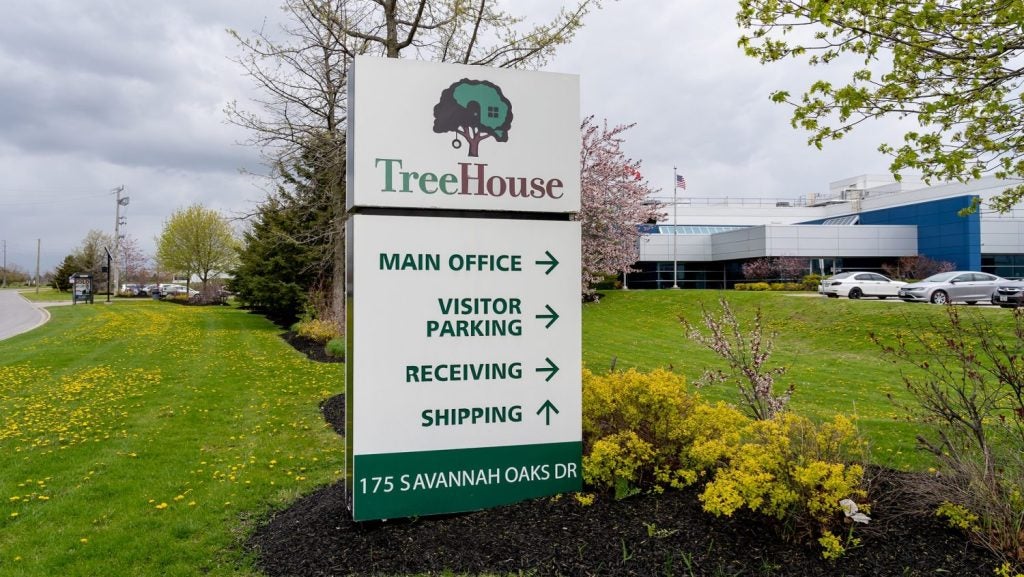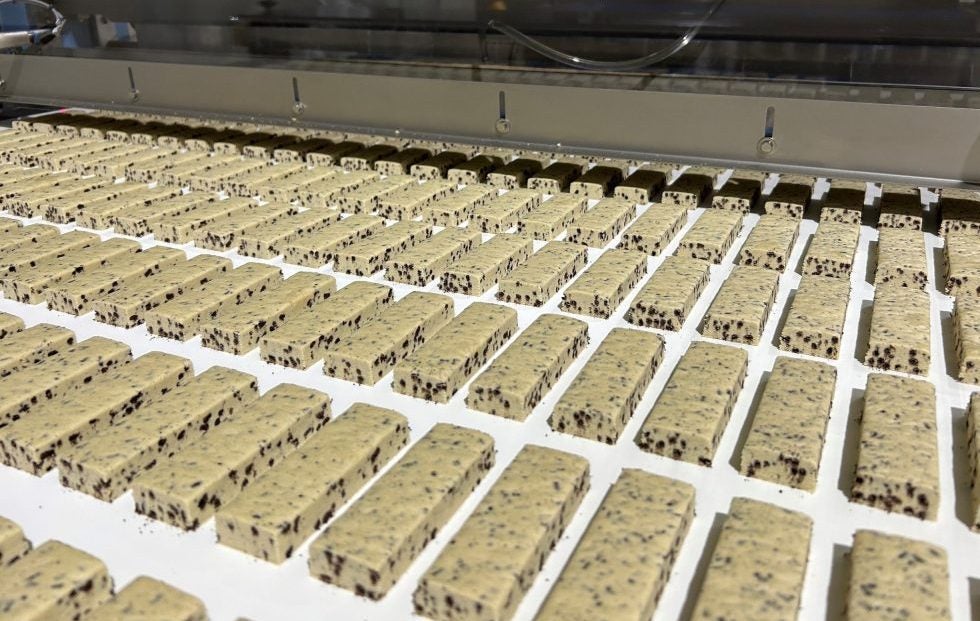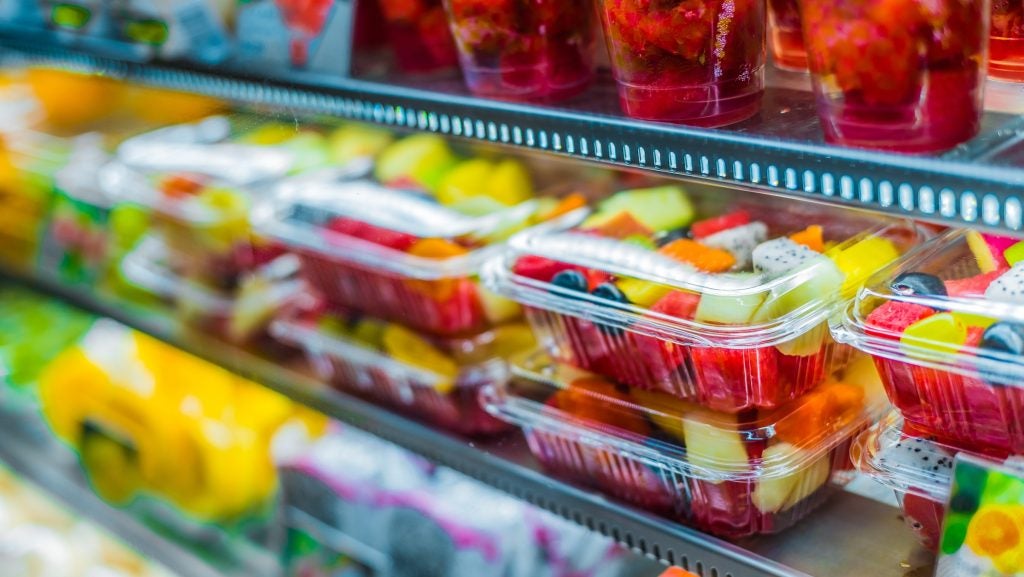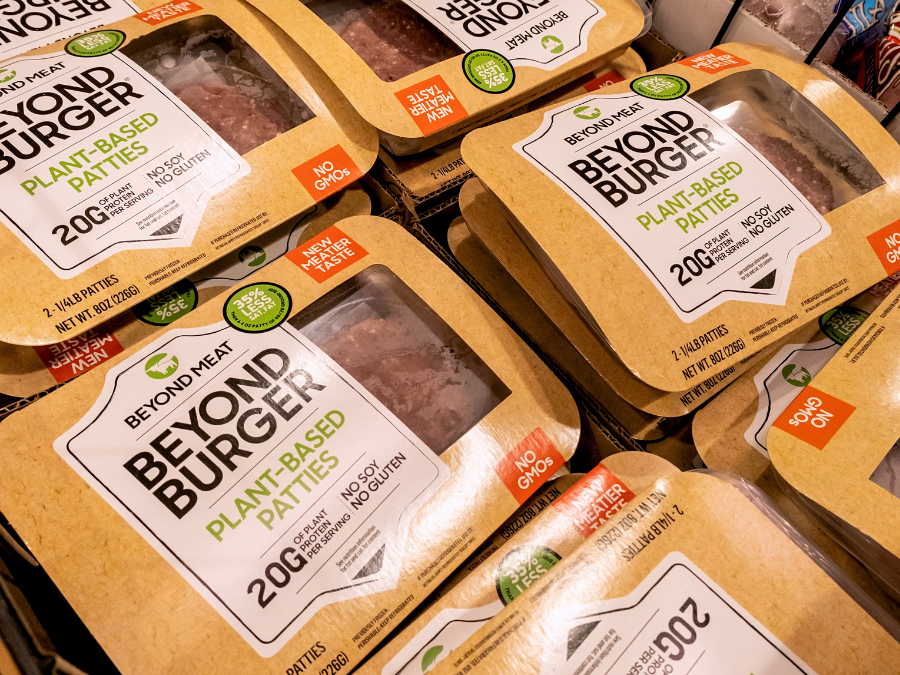Private-label manufacturer TreeHouse Foods has joined some of its branded grocery peers in signalling a “step down” in pricing through the remainder of the year.
Despite putting in place additional pricing of 11.2% in the second quarter to 30 June, chairman, president and CEO Steven Oakland said own-label is still “performing significantly better” than branded on-shelf as the consumer remains “cautious” in the current cost-of-living environment.
Private label is “consistently outperforming national brands”, the boss of the largest own-label supplier in the US said in a results presentation yesterday (7 August).
“We have purposefully positioned Treehouse at the intersection of two incredibly powerful long-term consumer trends – the growth of private-label groceries in North America and the consumer shift towards snacking,” Oakland added following last year’s disposal of most of its meal preparations business.
Grocers are also promoting private label as a means to retain customers as “consumers experience pressure from increasing shelf prices”, and that trend is expected to continue, he said.
Second-quarter sales rose 4.1% in reported terms and 4% on an organic basis to $843.6m. While volume/mix dropped, the decline was skewed toward front-loading orders in the opening three months of the year as TreeHouse Foods’ service levels continued to improve from pandemic-linked restraints.
Similarly, as year-to-date sales increased 9.8% (10% organic) to $1.7bn, volume/mix fell 3.9%. Pricing was up 13.9%.
Oakland also noted TreeHouse Foods exited “some lower margin business” during the quarter and volumes should now improve.
“This quarter is sort of the last quarter where we’ll lap some of those exits and distribution losses. We see a line of sight towards more volume growth in the second half of the year, starting in Q3,” he said.
Second-quarter adjusted EBITDA climbed 43% to $76.4m. Net income turned to a positive $21.7m as TreeHouse Foods worked through the disposal of meal preparations, compared to a $27.3m loss a year earlier.
TreeHouse Foods’ sales growth outlook for the full year was adjusted higher to 7.5% to 9.5%, from 6-8% previously. The guidance range for adjusted EBITDA was narrowed to $360-370m, compared to $345-365m.
CFO Patrick O’Donnell said: “With regard to the remainder of the year, we expect our top-line growth to be driven primarily by volume and mix. It’s worth noting that the pricing contribution will step down in the second half of the year as we lap additional pricing actions taken last year.”















